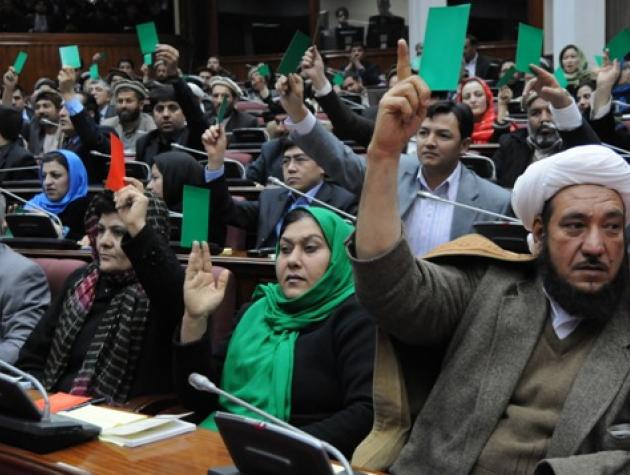GEG WP 2013/77 Divided Commitment: UEMOA, the Franc Zone, and ECOWAS
Full Title: Divided Commitment: UEMOA, the Franc Zone, and ECOWAS
Author: Abdourahmane Idrissa
GEG Working Paper 2013/77
Abstract
This paper makes the case for a political theory of African integration through a case study of the Union économique et monétaire ouest-africaine, a West African regional integration block based on a currency union and a common market. While economic theories have been widely used to analyze and advise on regional integration, this paper seeks to demonstrate that politics in fact takes precedence over economics in explaining their achievements, and posits the need for a political theory of regional integration in Africa. The case for this argument is made through a historical and technical analysis of the complex position of UEMOA and its commitment to two very different integration contexts, the Franc Zone and West African regional integration. The paper claims that UEMOA is trapped into a detrimental relationship with France through the currency mechanisms of the Franc Zone, but balances this with achievements, in the context of West African integration, that enable the conception of policies that may further advance and strengthen the integration project. Such policies would be best formulated as we develop a comprehensive political understanding of such processes.
Author Bio
Abdourahmane Idrissa currently teaches international cooperation at the University of Niamey. His research focuses on the political economy of democratization, political Islam and the problems of the integration processes in the West African region. He was an Oxford-Princeton Global Leaders Fellow from 2009-11.





